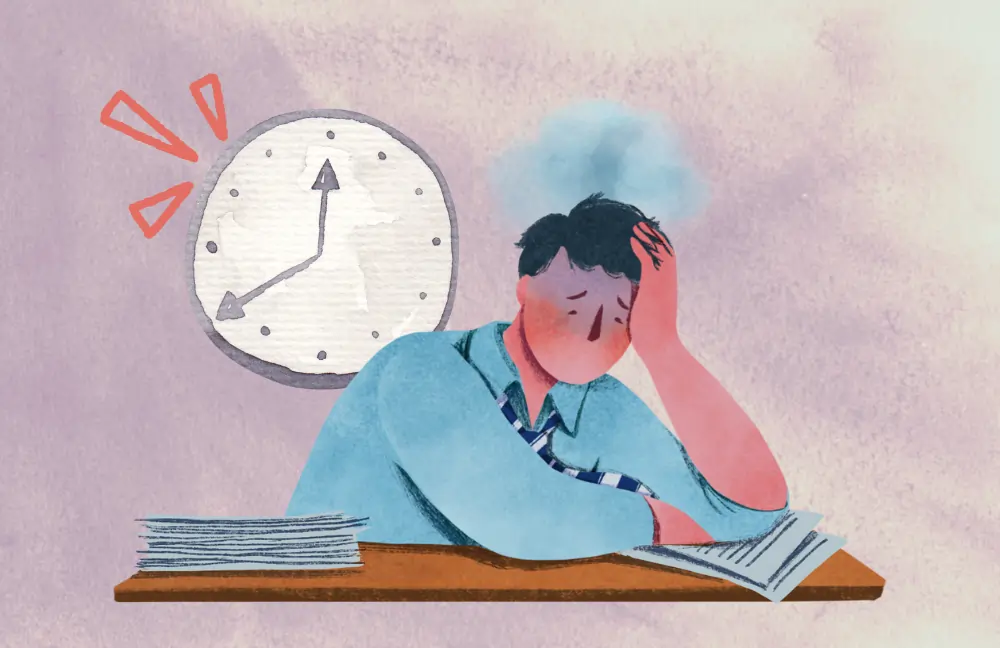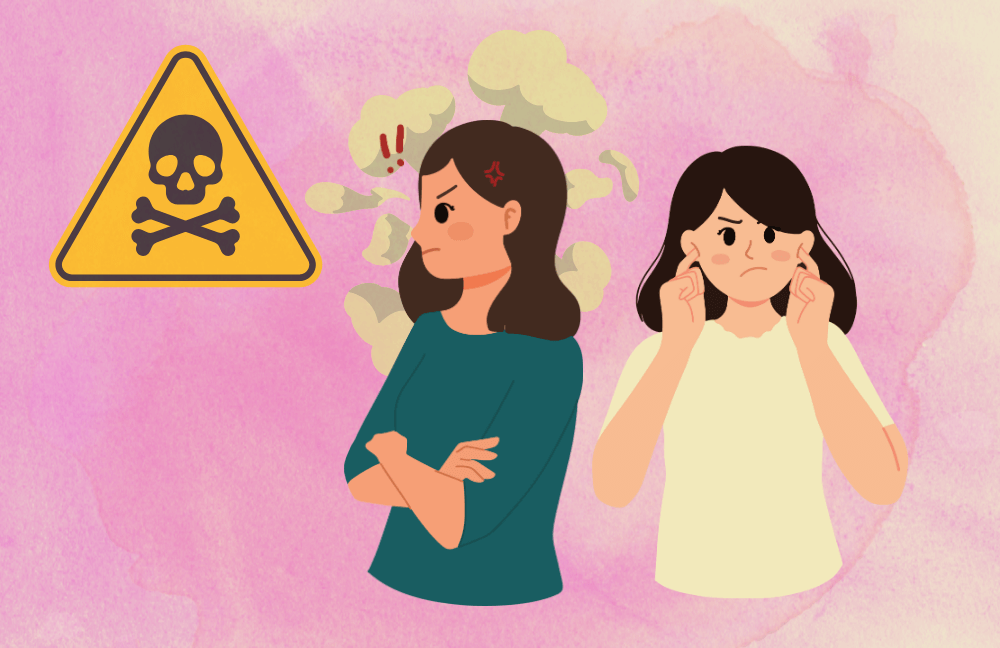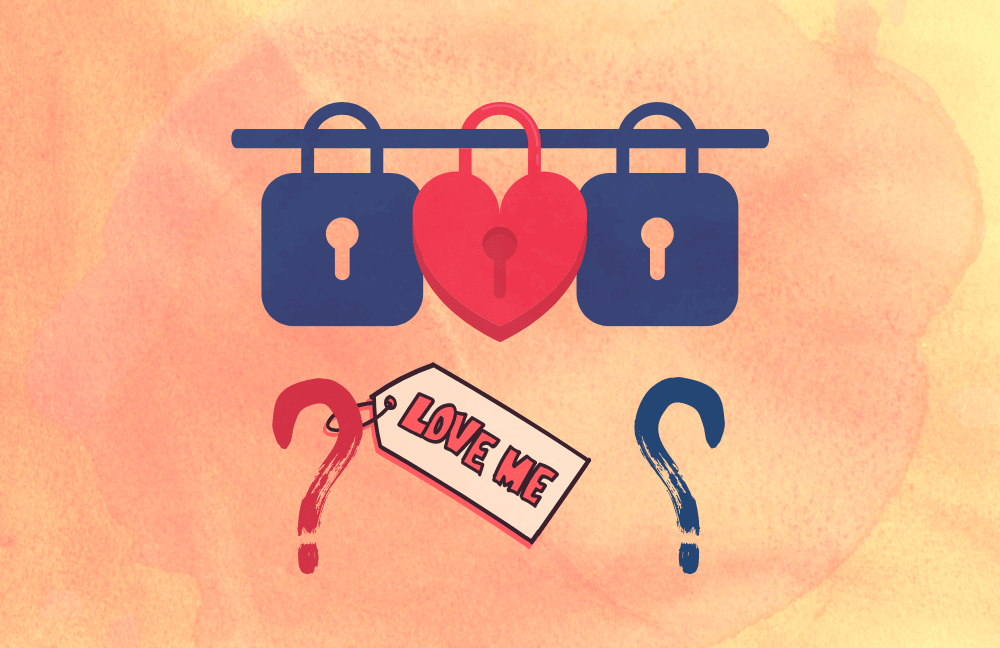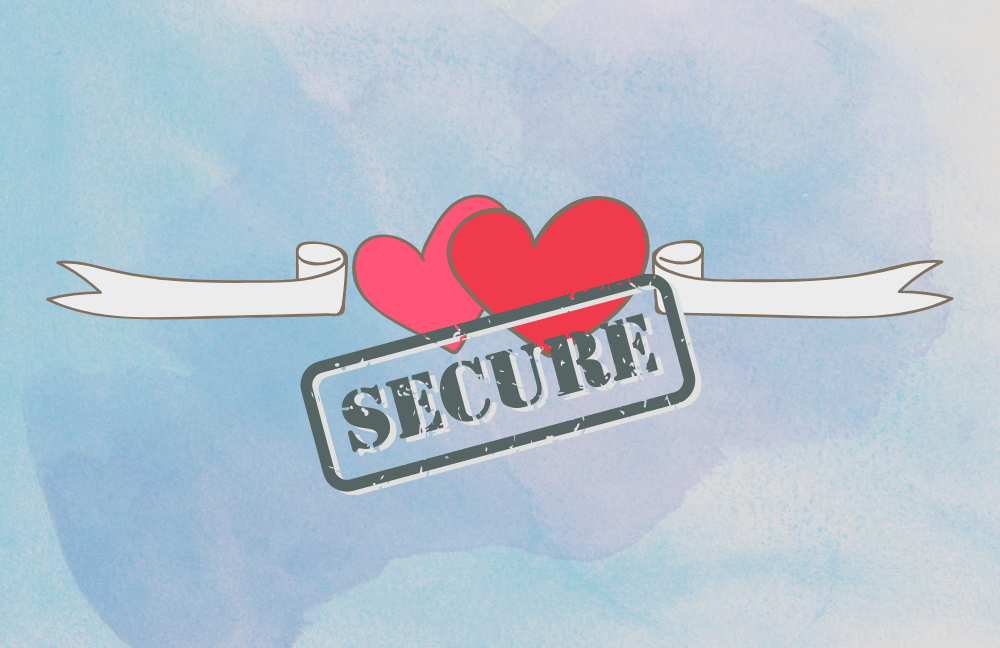
- Home
- About
- Book a Session
- Get Help
Personality
Relationships
Adult
Child
Schools
Corporates
- Do I need help?
- Trending
Anyone who has a job knows what workplace stress is. 77% of the Indian workforce in 2022 revealed that they experience work related stress and it has caused them to feel anxious, or depressed. Of these, 82% reported stomach problems and body aches and pains too.
Do you feel you might be one of them?
This survey conducted on a sample of 1380 employees across sectors like banking and finance, construction and engineering, education, FMCG, hospitality, HR solutions, IT, ITES and BPO, logistics and manufacturing, was an eye opener. The fact that most respondents agree that work-related stress affects their mental health is very compelling. The talk around emotional health has gained momentum. It is hence crucial that you become more receptive to realizing that the experience of stress can deteriorate your mental health and we need to take steps to prevent it or intervene well in time.
Work stress is the harmful physical and emotional impact that could occur when the requirements of the job do not match your abilities, resources, or needs.
The concept of work stress is often confused with an inability to deal with challenges. This isn’t the stress we’re worried about. Challenges energize your body and mind, motivating you to learn new skills and master your capacities to perform well. When you meet a challenge, you feel relaxed and accomplished. Without challenges, you would never learn, imbibe, and grow. Challenges are hence an essential ingredient for creativity and productivity. The importance of challenge in work life is what people refer to when they say “a little bit of stress is good for you.
Stress makes it nearly impossible for you to relax. You could feel charged up in the mind with a flurry of thoughts but none of these thoughts seem to have focused direction. You may experience a range of emotions like frustration, anxiety, disappointment, and irritability at work. It becomes impossible to concentrate on the task at hand. You could also experience headache, aches and pains, an upset stomach or unrested sleep. You may also lose your appetite or eat more than usual. If stress has been around for long, it could worsen pre-existing health problems and also increase the use of alcohol, tobacco and other substances. Over a period of time, you may develop anxiety and depression too. Longstanding stress undoubtedly affects your everyday functioning, at home as well as work.





WhatsApp us